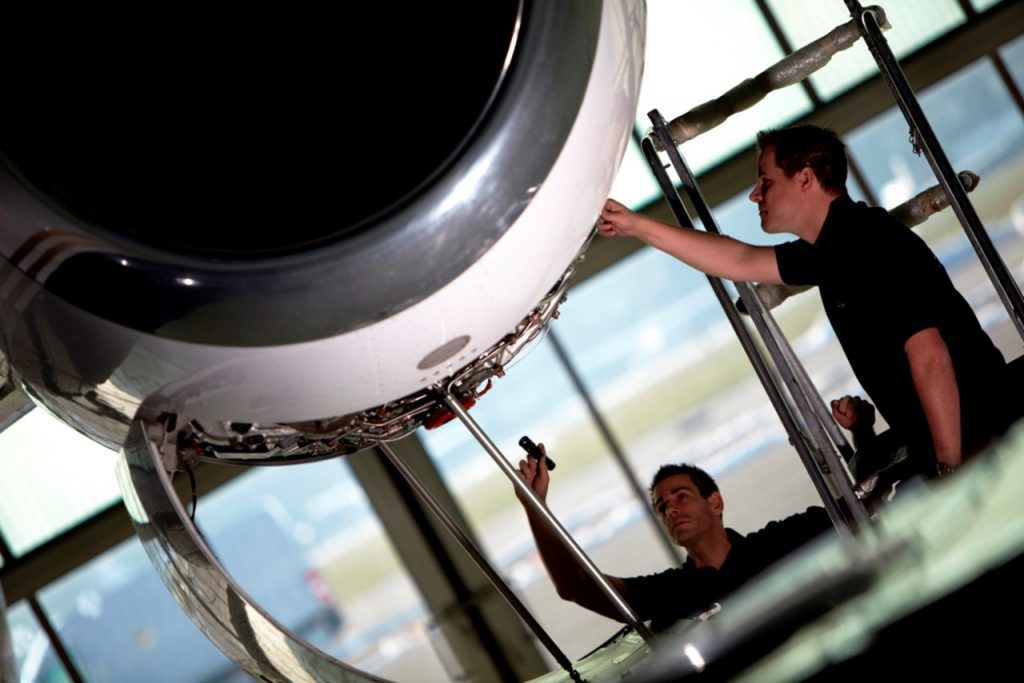Getting to know your MRO!

MRO—or Maintenance, Repair and Overhaul—is a critical part of owning an aircraft. You regularly take your car to your local mechanic for a tune-up, but what about your private jet?
We sat down to talk with Warwick Stone, part of our Johannesburg, South Africa MRO team, to find out why you should care about MRO and once you care – what you should do about it!
ExecuJet (EJ): Warwick, thank you for sitting down with us today! Can you first tell us how important understanding MRO is for aircraft owners and managers?
Warwick Stone (WS): MRO Services are critical for an aircraft owner, from a safety point of view, regulatory point of view and an asset value point of view. Without regular maintenance (and when required repairs/overhauls) your aircraft will cease to be serviceable, safe and flyable! This will lead to a devaluation of the asset’s value and potential financial losses as the required inspections will still be due. Larger MROs are also able to repair major damage to aircraft, returning them to service should any unfortunate events take place.
EJ: We certainly don’t want to fall behind on any important inspections and certifications or recertifications! What kind of regular inspections can a MRO organization help us with?
WS: This is dependent on the MRO’s capability; smaller MROs can usually assist with basic and smaller inspections as well as defect rectification, whereas larger MROs such as ours can assist with all of these items as well as large maintenance events and upgrades. Bigger MROs are also able to assist you with other services such as maintenance planning/control and aircraft management.
EJ: You mentioned “other services.” More than maintenance and repair – what enhancements can you offer my aircraft?
WS: We have always been at the forefront of the aviation market offering our clients a wide variety of enhancements and upgrades on their aircrafts. Projects we are presently completing include the installation of high speed internet, upgrading a cabin to allow for HD streaming on tablets and other devices, making lighting upgrades and avionics upgrades to allow for more efficient and safer air travel whilst meeting all legal requirements mandated by the various authorities.
EJ: Wow! We can’t wait to “Netflix and Chill” at 30,000 feet with high-speed HD video streaming! Tell us, does every ExecuJet FBO have MRO capabilities? If not, are there specialized centers for different aircraft or for specific issues?
WS: Only a few of our locations additionally have ExecuJet-owned MROs at the same location as our FBOs such as in Dubai, Lagos, Johannesburg, Melbourne and now Kuala Lumpur. If you have an issue at a FBO location without an ExecuJet MRO, or any other MRO based at the airport, a repair team can and will be dispatched from the most qualified and closest facility to assist.
EJ: Back to those regular “tune-ups” our aircrafts need—is there an established schedule for what maintenance like changing the oil in your car or having major overhauls done after a certain amount of time/mileage has passed? Or does it change per aircraft? If there is a schedule, can you give us a brief overview of things to consider doing?
WS: Aircraft and individual major components on the aircraft (engines/landing gear/etc.) are required to be maintained at pre-determined individuals. These intervals are specified by the OEM (Original Equipment Manufacturer) and approved during the certification of the aircraft. These intervals are laid down in a document called a “maintenance planning document.” There is some flexibility within these documents that allow aircraft owners and operators to tailor their maintenance to their type of operations such as high or low-hour utilisation programmes.
EJ: This sounds like a lot to remember and a lot to know with all the many different types of aircrafts! Does an organisation and/or their technicians need to hold special certifications to provide MRO services?
WS: A MRO is required to hold approval from each individual country’s Civil Aviation Authority if it intends to work on aircraft registered in that country. The MRO also must hold specific approval for each individual aircraft type or capability (engine or avionics overhaul). The engineers/technicians are required to be trained, licensed and authorised by the MRO to work on each individual type or component.
EJ: Whew! We feel safer knowing there’s lots of regulations in place to keep us protected whilst in the air. Lastly, now that we understand a bit more about MRO and what we should be doing, especially for regular maintenance, we definitely don’t want to do all that ourselves! What should we look for in hiring an MRO organization?
WS: It is critical to find an organization that is reputable and holds the correct capability and certifications. Industry-standing and brand recognition are good indicators as well. The MROs that fall into this band are all well-established and usually have a global presence such as ExecuJet. We have been providing turnkey aviation services for 27 years now and are represented globally.
Thank you, Warwick, for answering all of our questions today! We’ll see you in the air—or on the ground for some sweet new upgrades on our G6.

